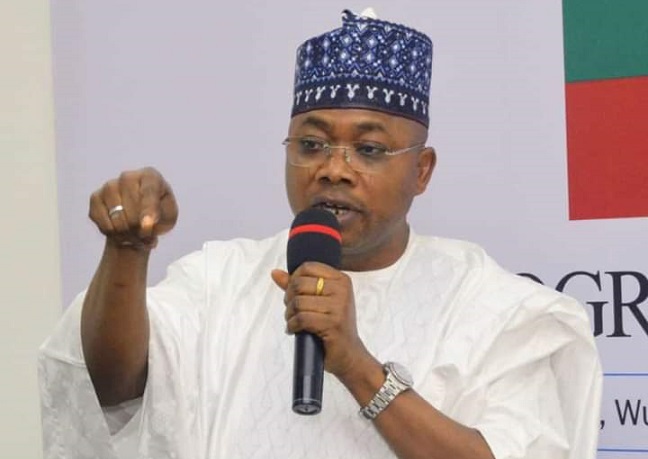The Federal Government has revealed that over half of Nigeria’s registered electricity customers are yet to be metered, with 53.8 per cent of customers still relying on estimated billing.
According to the Nigerian Electricity Regulatory Commission, as of September 30, 2024, only 6,156,726 of the 13,339,635 registered electricity customers across the country’s twelve distribution companies had been metered. This leaves 7,182,909 customers unmetered, representing 53.85 per cent of the total.
In its third-quarter report for 2024, NERC noted a significant increase in meter installations. A total of 184,507 customers were metered in Q3, a 256 per cent rise compared to Q2 of the same year. Ikeja, Ibadan, and Abuja DisCos saw the highest number of installations, accounting for 25.45 per cent, 21.48 per cent, and 14.61 per cent of the total, respectively.
The report highlighted notable improvements in meter installations, particularly in Eko, Ibadan, Ikeja, and Benin DisCos, which recorded increases of 2,120 per cent, 575.60 per cent, 417.40 per cent, and 389.32 per cent, respectively. However, Aba, Kaduna, and Jos DisCos experienced declines in installations, with decreases of 43.90 per cent, 24.69 per cent, and 9.31 per cent, respectively.
The ongoing efforts to address the metering gap come after the Minister of Power, Adebayo Adelabu, announced in October 2024 that the federal government had procured 1.8 million meters to tackle estimated billing. The first batch of meters is expected by December 2024, with the remaining deliveries scheduled for the second quarter of 2025.
Adelabu further emphasized that the government plans to procure a total of 3 million meters over the next five years, supported by a World Bank partnership aimed at acquiring 3.5 million meters over the next two to three years.
Additionally, in November 2024, NERC directed DisCos to replace obsolete meters at no cost to customers, following reports that some companies had been charging customers for replacements. The federal government has also called for an acceleration of the National Mass Metering Programme to expedite the country’s metering efforts as part of ongoing reforms in Nigeria’s power sector.










